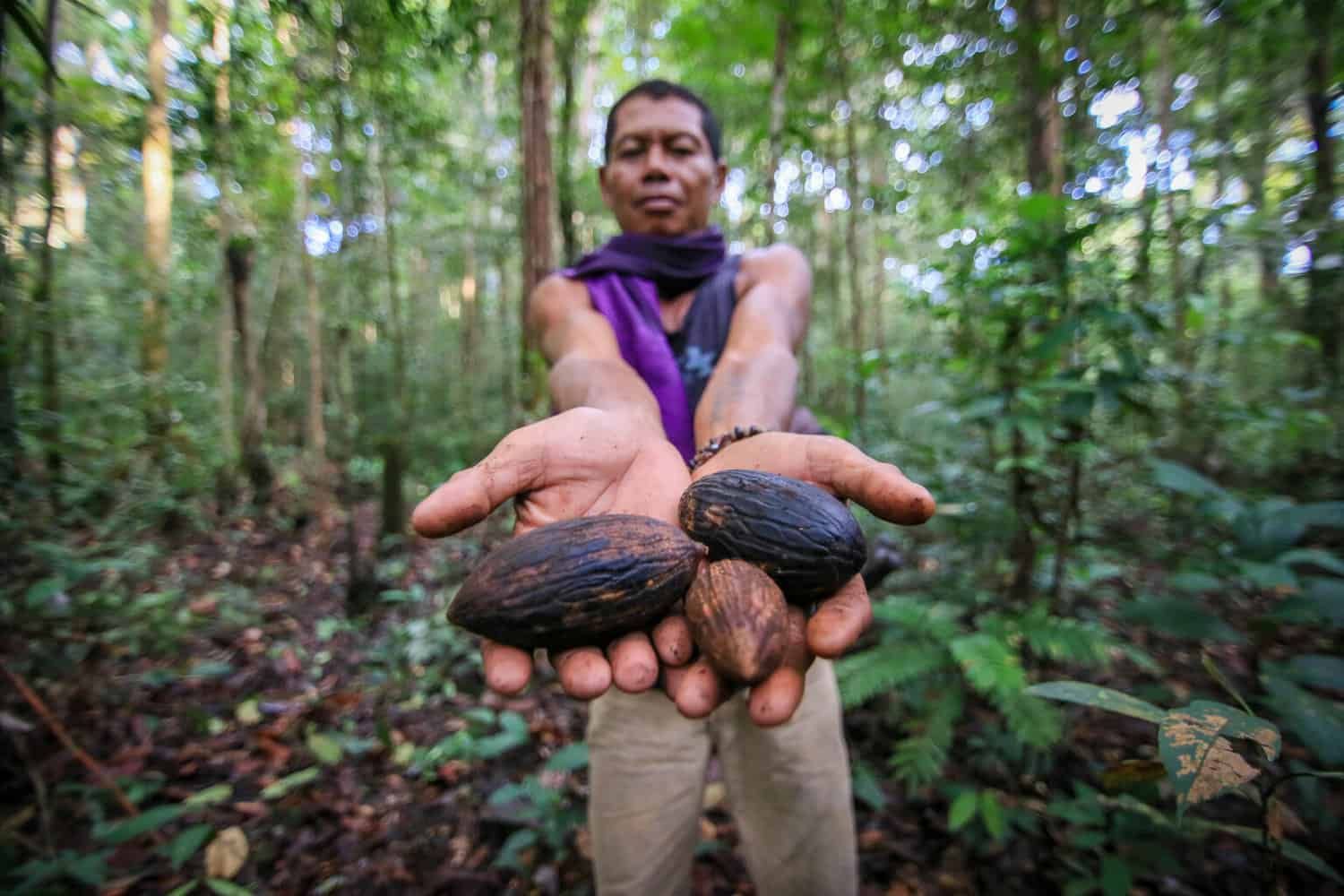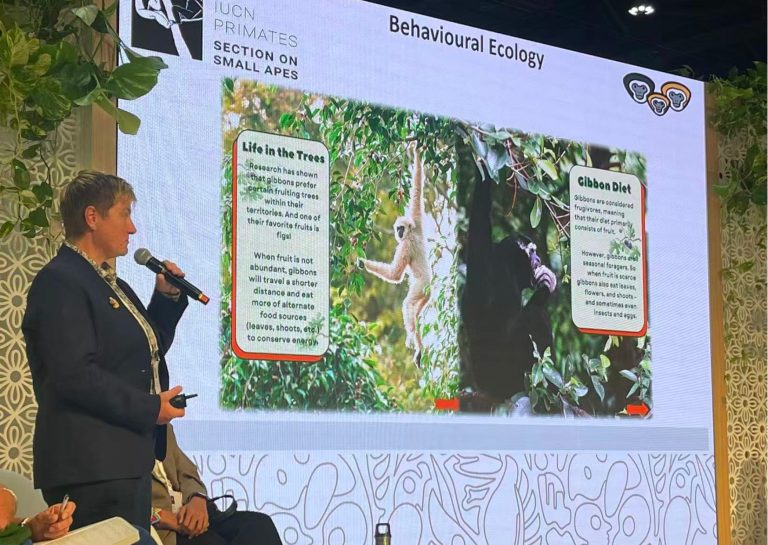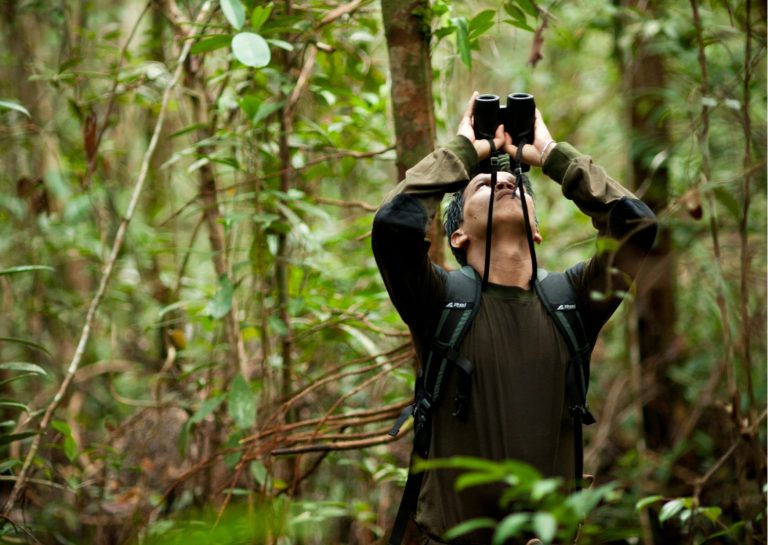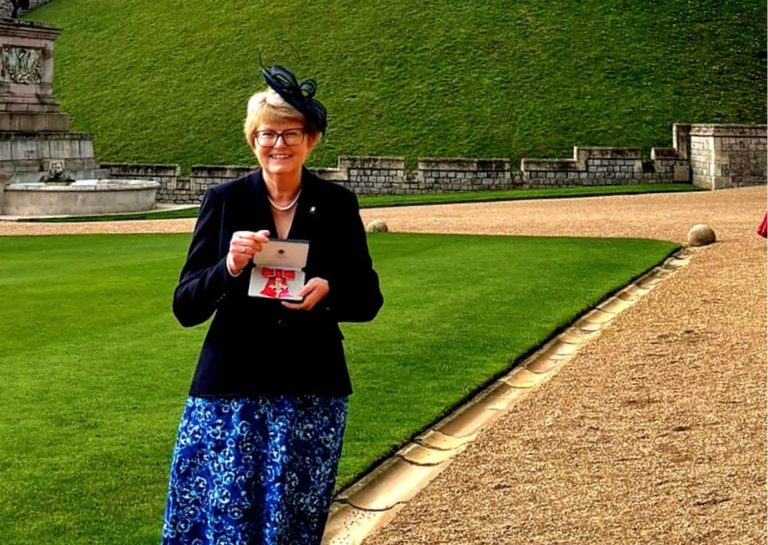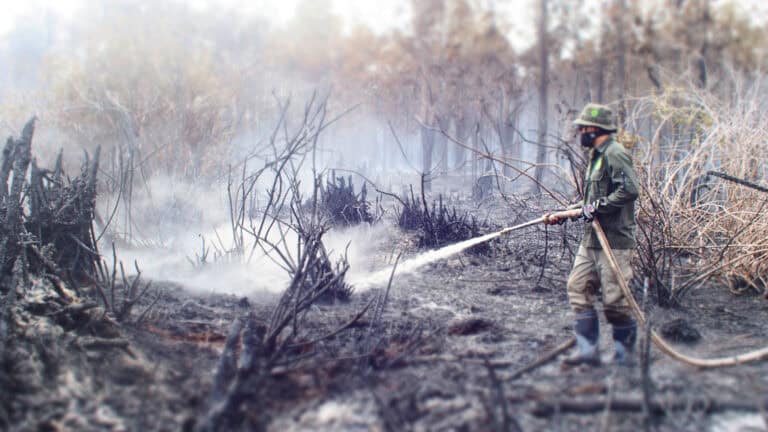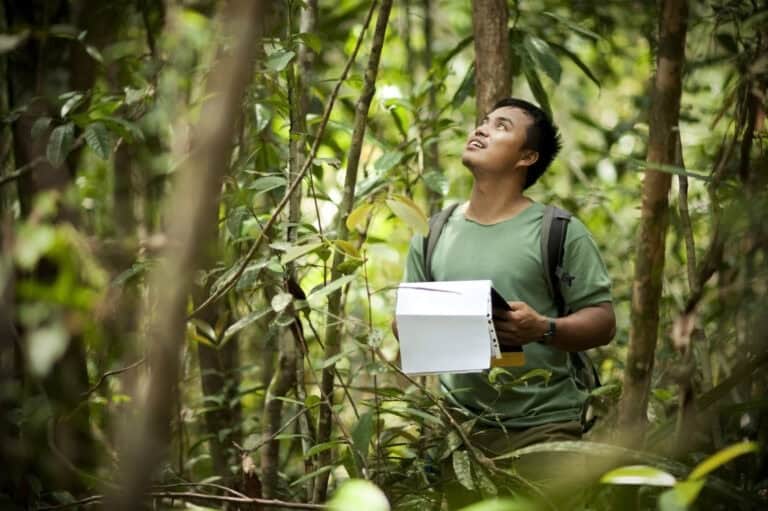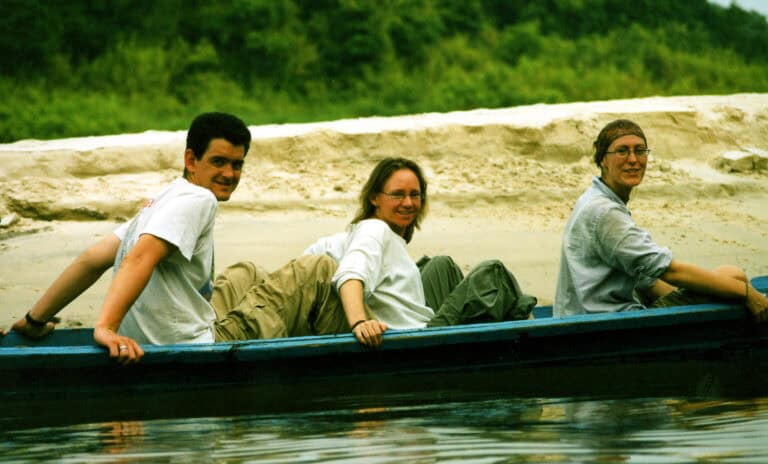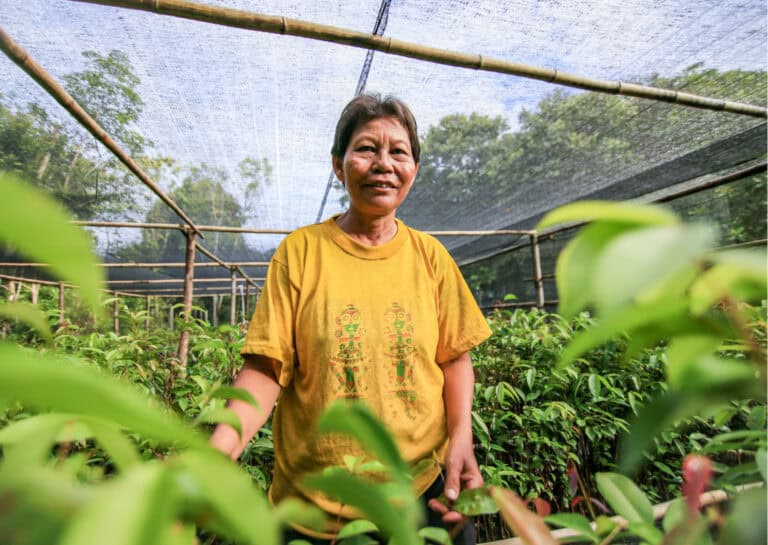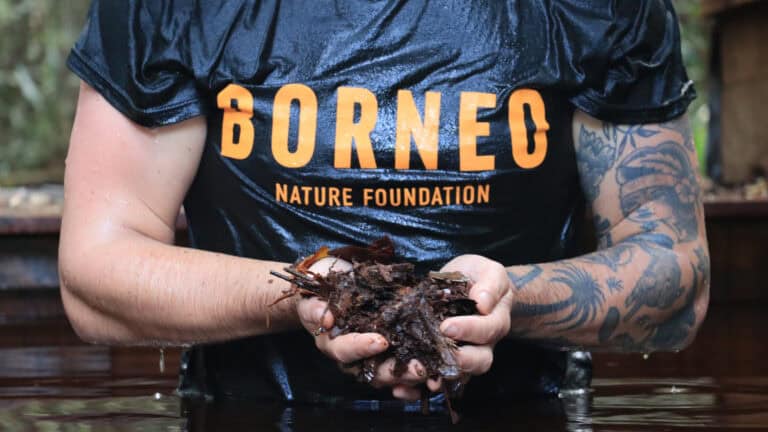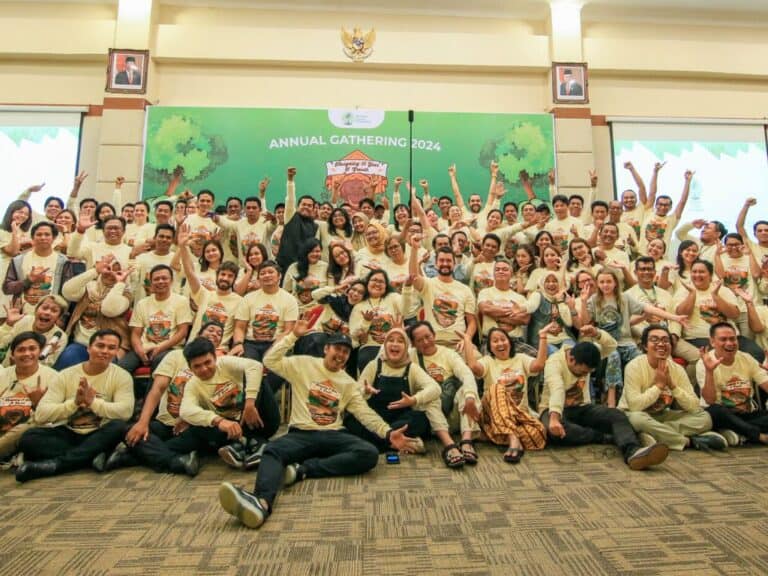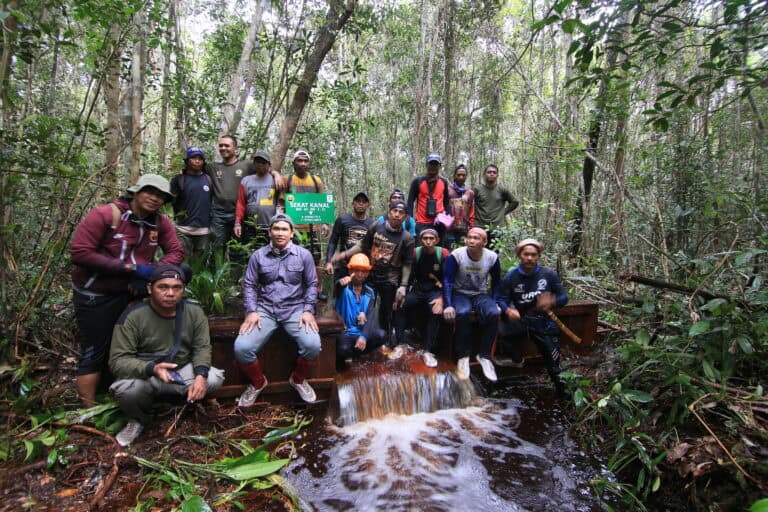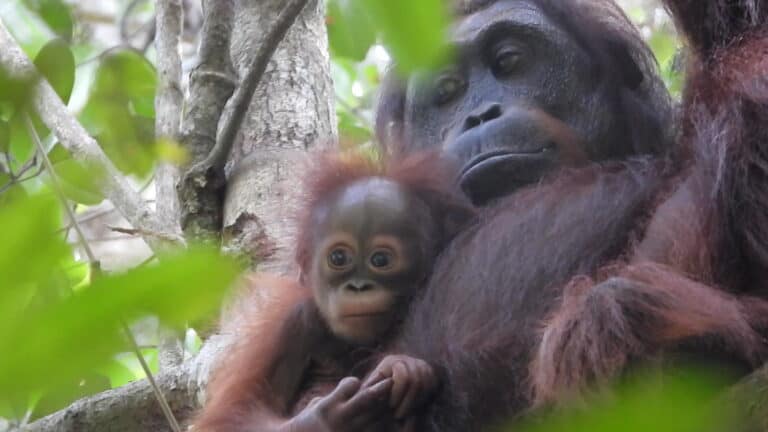It’s in your lungs.
It’s in your fridge, your medicine cabinet and your weather forecast.
It affects your life every. single. day.
It may be thousands of miles away, but Borneo’s rainforest is much closer than you think…

Clean air and climate
Rainforests produce about 20% of the oxygen we breathe, despite only making up about 6% of the world’s land mass. In the process, they also absorb and store large amounts of carbon, thus performing a vital role in stabilising our climate. This is especially true of tropical rainforests, which are home to over half the plant and animal species on the planet, and even more so of tropical peat-swamp rainforests like those found in southern Borneo.
Peat-swamps form when dead plant matter, such as leaves, branches, etc., fail to break down fully in waterlogged conditions. By arresting decomposition, peat-swamps prevent the carbon stored in organic matter from being released back into the atmosphere. In fact, peatlands store twice as much carbon as (non peat-swamp) forests. Peat-swamp forests, it could be argued, are the best of both worlds – incredibly efficient carbon stores and oxygen-producing biodiversity havens.
Food
Rainforests are the most biodiverse ecosystems on the planet. It is no surprise, then, that rainforests contribute around 80% of the world’s diet, including staple foods such as corn, rice and potatoes. Chances are, you’re eating rainforest produce every single day, for pretty much every meal.
Tea, coffee, the sugar in your morning brew; cinnamon, cayenne, black pepper, cloves, tumeric and ginger; chocolate, vanilla, most fruits and nuts… all of these things we owe to rainforests.
The diversity of rainforest produce from Borneo is reflected in local cuisine as well as its international exports. River fish, ginger, pandan, kandis (a type of fruit in the same family as mangosteens) and bamboo shoots are all mainstays of Dayak cooking and can be harvested wild throughout Borneo. Knowledge of local plants – which species are edible, how to find and prepare them – is very important, especially for rural communities in hard-to-reach areas without the convenience of supermarkets or online delivery. Improved rainforest protections means improved food security for these communities, and for the planet at large.
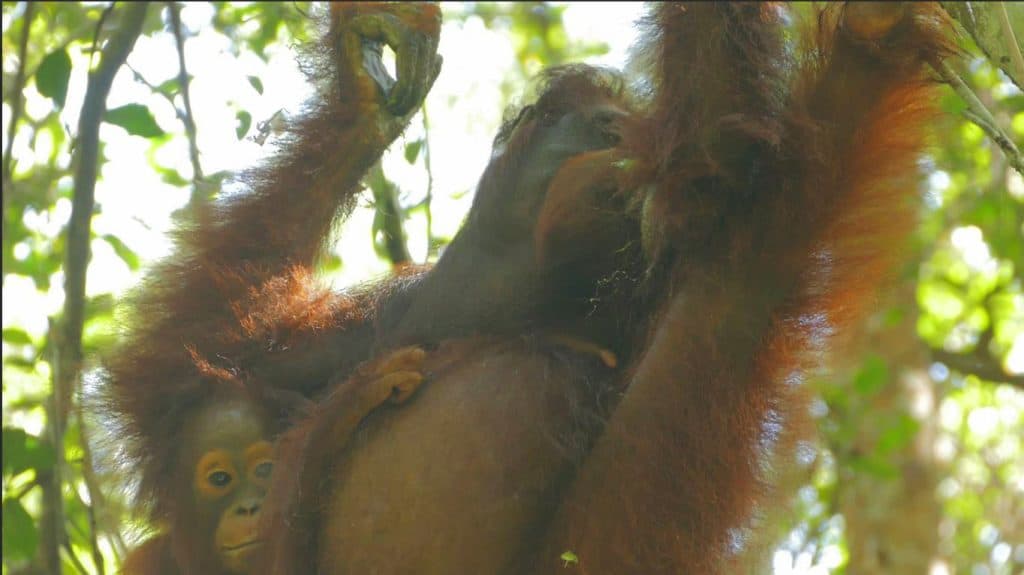
Medicine
Even if your quality of life doesn’t hinge on regular prescriptions, you’ve probably got a stash of paracetamol handy. But did you know that around 25% of all medicines are derived from rainforest plants? Most of us are several steps removed from these drugs’ natural origin, but using local medicinal plants is something that many indigenous communities have done for generations. Even wild orangutans have been observed processing plants into medicine to help treat aching joints!
On a global scale, it is estimated that over 80% of species have yet to be described. Dozens of new species are being discovered in Borneo’s rainforests each year, any one of which could hold the key to developing a revolutionary new medicine, including cancer drugs and treatments for HIV.

Make the Connection
The rainforests of our planet provide us with many essential services, sustaining life in myriad ways. From purifying the air we breathe to stabilising the climate and offering a bounty of food and medicinal resources, these ecosystems are indispensable to our well-being. As stewards of Earth, it is imperative that we recognise the interconnectedness of all life and work together to safeguard the world’s rainforests for current and future generations. By protecting rainforests, we not only ensure our own survival but honour the intricate web of life upon which we—and, indeed, all species—depend.
We are all interconnected. Make the connection and act for rainforests today!
Written by Olivia Pilmore-Bedford, Content and Communications Officer (BNF International)

